The Gap Between Knowing and Understanding in On Bullfighting
A.L. Kennedy’s layered exploration of the corrida de toros is a revelation of knowing the problem and not understanding what must come next.
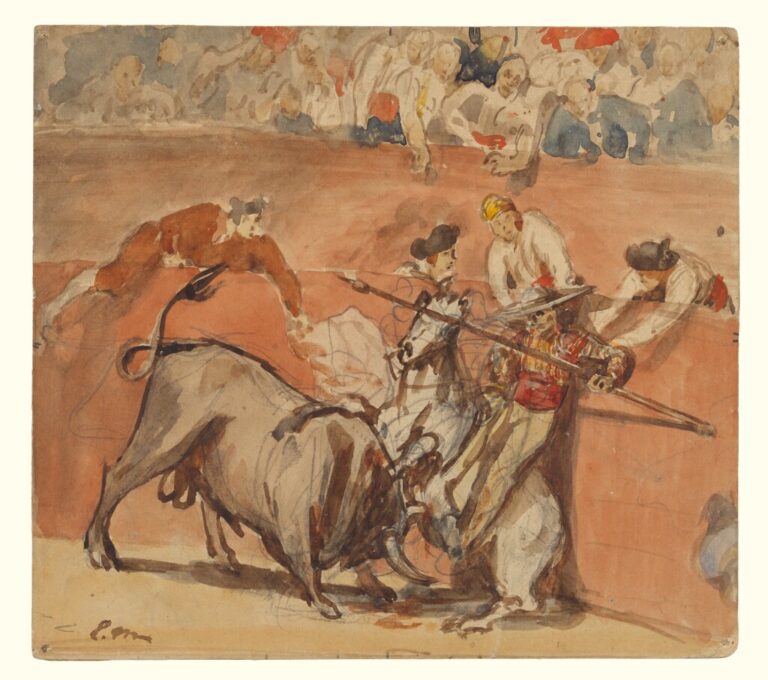
A.L. Kennedy’s layered exploration of the corrida de toros is a revelation of knowing the problem and not understanding what must come next.
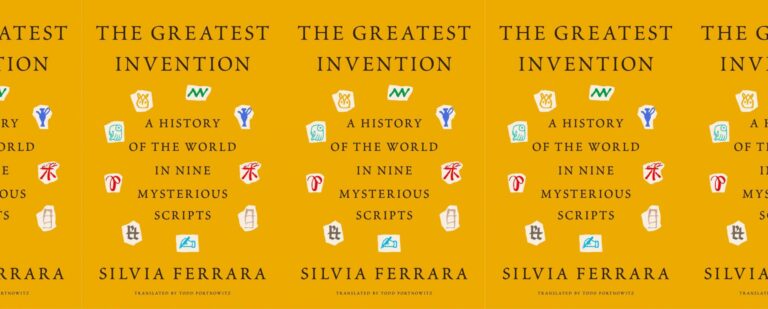
At times of injustice and tragedy caused by senseless human actions, it is helpful to recall the revolutionary power of writing from the broad perspective of the history of human existence.
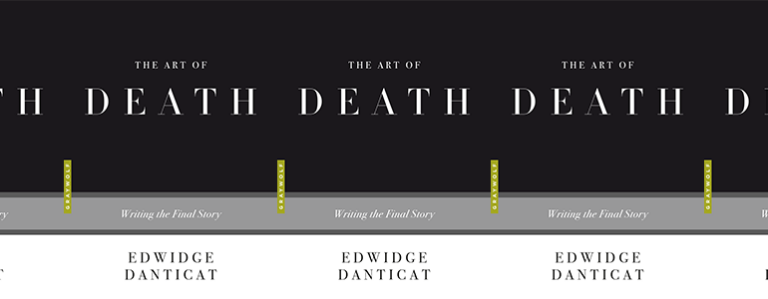
“I never got the privilege to grow old with, or even get a chance to say a proper goodbye to, Pompilio or HS, and they never got to see some of the beautiful things I’ve somehow managed to. But writing about death lets me take my ghosts with me.”
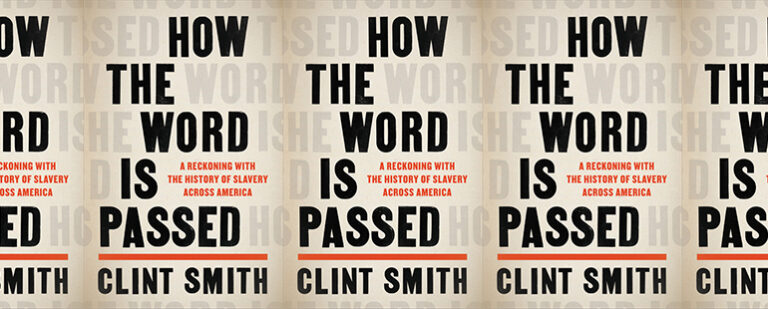
Clint Smith’s new book is an examination of memory through an examination of sites that represent our country’s collective memory of slavery. He makes an important and effective call for us to examine how we remember our past, and how central our historical memory is to our existence today.
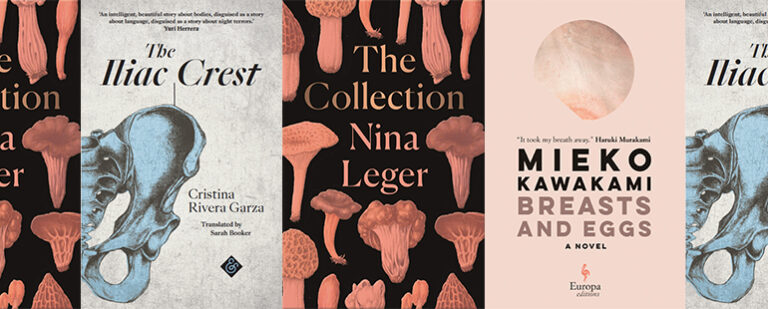
Around the world, woman novelists are refocusing narratives about desire, sex, and the body around their own experiences. Some of their stories explore society’s current hang-ups around women’s bodies, some paint a picture of a potential world full of guilt-free pleasure, and some explode the idea of gender determined by the body.
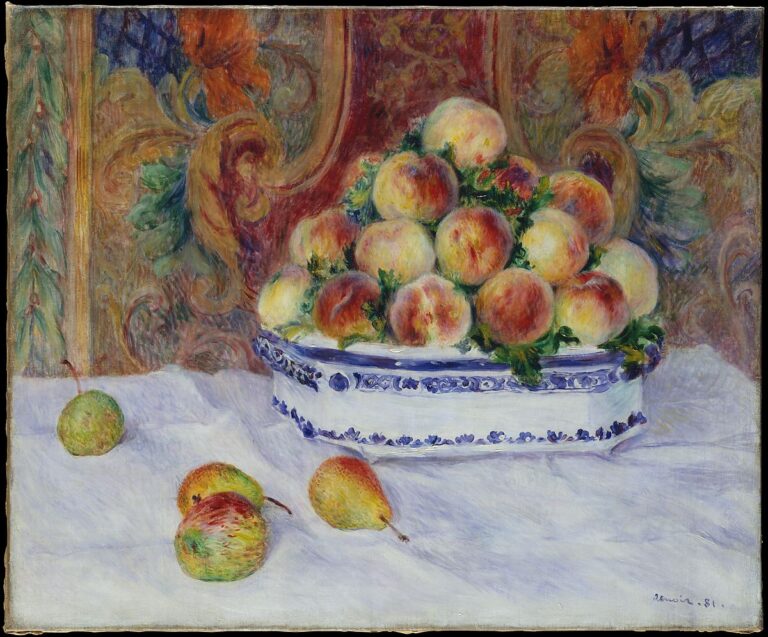
In “Peach Cobbler,” Deesha Philyaw manages a long stretch of time by tracking her protagonist’s relationship to an object. Writing sensually about peach cobbler, Philyaw draws the reader into the story: we are there, smelling the peaches and sugar and cinnamon, as Olivia develops from a girl into a woman.
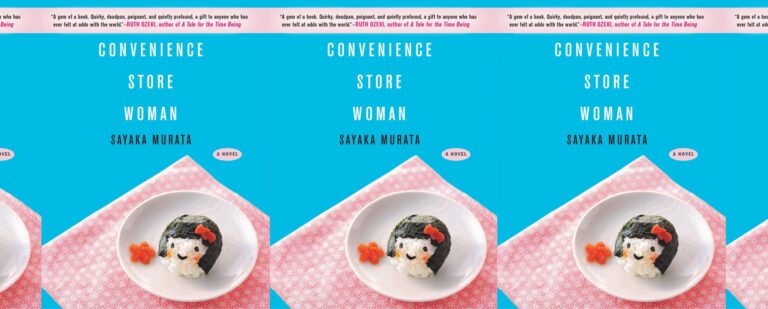
Throughout Sayaka Murata’s 2016 novel, the protagonist presents herself as an object of the convenience store that employs her. But the implied morality of the book suggests that this state of bodily control to which she willingly subjects herself may not be as simple as either oppression or free will.
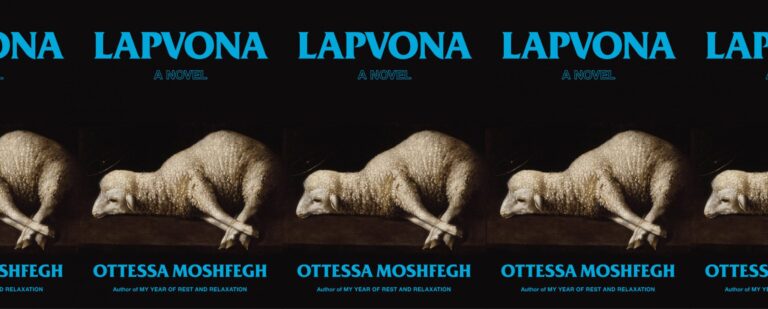
For the people of Lapvona, the fictional Middle Ages village of Ottessa Moshfegh’s new novel, religiosity is less an articulation of faith or devotion and more of narrative concern. The central questions of faith are simply questions of what everything adds up to.
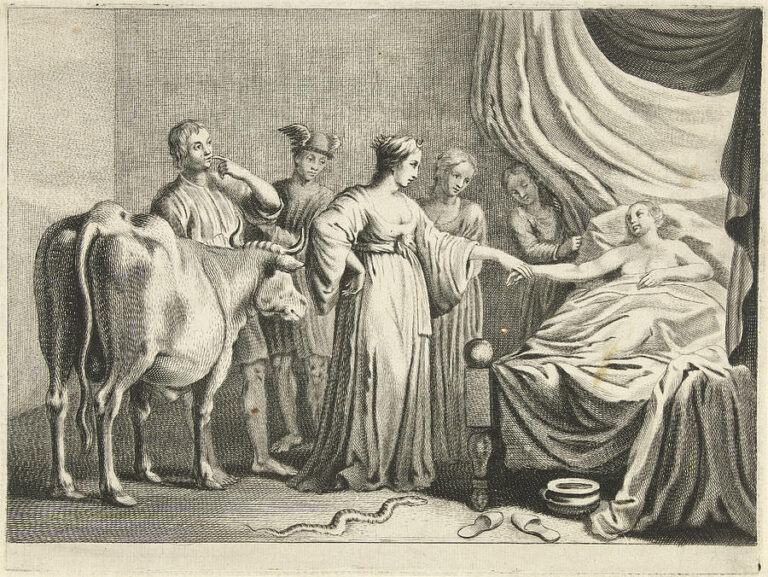
Queerness offers a way into unknowing some of the rigid boundaries we have inherited around what sex should be and what gender is. It can ask us to privilege pleasure and intimacy in our own desires. As in John Gower’s Iphis, queerness is a sort of stepping into the unknown.
No products in the cart.